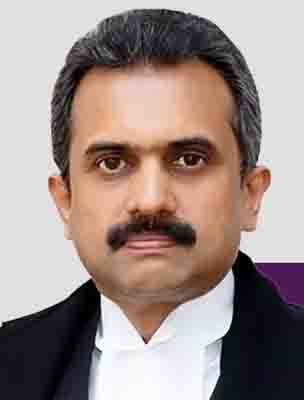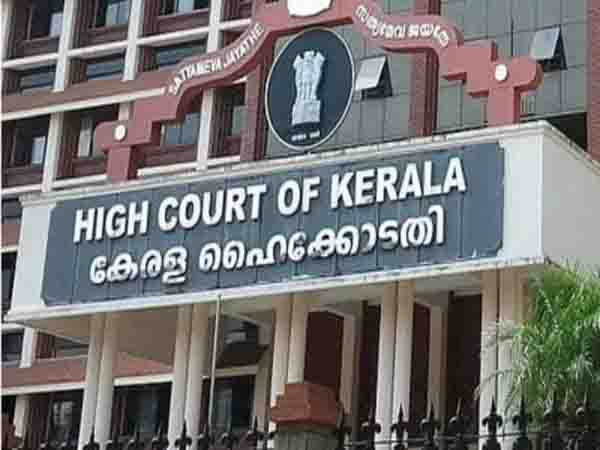Kochi (IANS) | The Kerala High Court has pulled up assessing officers engaged in the implementation of taxation laws for passing orders mechanically without assigning reasons. A Division Bench of the Court held that the Assessing Officer should exercise his discretion while determining whether reasonable cause exists for demanding more tax from an assessee.
We consider it appropriate to remark that our country has a rule of law of which an integral part is the requirement of fairness. In cases of tax assessment, it is imperative that the Assessing Officer exercise his discretion regarding the various factors of tax assessment and give sufficient evidence to do so in his order.
The court said, in view of the taxpayer’s right to seek justice against the action of the government, it becomes imperative that this court acts to correct the unreasonable orders of the assessing officers so that the culture of propriety is maintained.
The court was considering a petition filed by Prodair Air Products India Private Limited (Prodair Limited) challenging the order of the Assessing Authority under the Kerala Value Added Tax Act (KVAT Act) imposing penalty on it for two assessment years under the KVAT Act. Made this comment.
Prodair Limited is a private company involved in the production and sale of industrial gases such as Hydrogen, Nitrogen and HP Steam.
Bharat Petroleum Corporation Limited (BPCL) considered it necessary to ensure a continuous and reliable supply of Hydrogen, Nitrogen and HP Steam with specific properties to increase the production of its petroleum products. Therefore, he entered into a contract with Prodair Limited for the supply of the said gas.
According to the appellant, its obligation under the contract was to build, own, operate (BOO) and maintain a hydrogen and nitrogen manufacturing plant at its own cost on the land to be allotted by BPCL on lease basis. Its objective was to ensure uninterrupted supply of Hydrogen, Nitrogen and HP Steam at competitive prices to BPCL only and only.
As per the contract between the parties, the price of the gases consisted of fixed monthly charges as well as variable charges.
As per the agreement, BPCL had the option to take over the production plant if the agreement is not renewed on completion of the initial period of 15 years from the date of commencement of supply of gases.
When the Assessing Authority completed the assessment for two assessment years, it imposed penalty on the appellant under the KVAT Act.
Thereafter the appellant approached the High Court.
After careful examination of the contract between the two parties, the court held that the appellant shall construct, own and operate a plant on the land taken on lease from BPCL for the purpose of supply of specified gases to BPCL, and any transfer of property in the plant to BPCL as deemed by the Assessing Authority.
Therefore, the court, while allowing the appeal, pulled up the tax authorities for passing orders mechanically without explaining how the tax is made out in the case or why the claim of the taxpayer has been rejected.
–IANS


